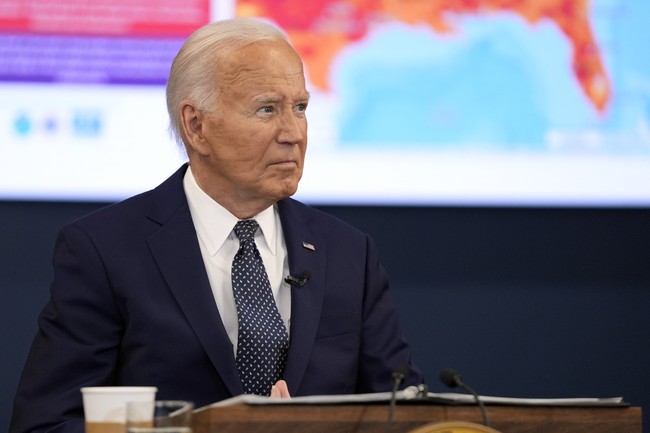Trump's Tariff Threats: EU Oil and Gas Quandary
Donald Trump proposes tariffs to balance the trade deficit. What does this mean for US-EU relations in the energy sector?
Published December 21, 2024 - 00:12am

Image recovered from guardian.ng
The recent announcement by US President-elect Donald Trump has sparked concerns among European Union member states, as Trump threatened to impose tariffs should the EU fail to adjust its substantial trade deficit by purchasing American oil and gas. As he prepares to take office in January, Trump's bold stance on reshaping international trade relations could potentially reverberate across the global economy.
The basis of this contention lies in the trade discrepancy between the United States and the European Union. In 2022, US figures indicated a goods trade deficit with the EU standing at a stark $202.5 billion, with US exports to the EU at $350.8 billion and imports at $553.3 billion. Trump's strategy to rectify this imbalance encompasses enforcing the EU to make large-scale purchases of American oil and natural gas. Through his social media platform, Truth Social, Trump warned, 'Otherwise, it is tariffs all the way!'
This isn't an isolated diplomatic maneuver by Trump. In past discussions, he has expressed readiness to impose import tariffs on numerous trading partners, including Canada, Mexico, and China, in response to what he describes as unfair trade practices. These proposed tariffs, which could range up to 25% on certain nations, are intended to protect American economic interests. Critics, however, warn that these actions might trigger a cascade of retaliatory measures, thereby straining international trade relations.
Analysts perceive Trump's tariff threats as either a negotiating tactic or a prelude to extensive discussions aimed at solidifying the US position in global trade. Ursula von der Leyen, the European Commission Chief, acknowledged these potential turbulent winds by highlighting the EU's recent massive trade deal with South American countries, which signifies the EU's resolve to diversify its trade partnerships.
This developing situation raises questions about the EU's strategic response. Christine Lagarde, the President of the European Central Bank, suggested that the EU could mitigate the impending tariff threats by increasing purchases of US goods, particularly in sectors such as liquefied natural gas (LNG) or even military hardware.
Some EU representatives emphasize the importance of diplomatic negotiations instead of entering a full-fledged trade battle, which they believe could have widespread economic repercussions. The German Foreign Minister, Annalena Bearbock, expressed caution about the possibility of entering a trade war with the US, stressing Europe's unified stance and readiness to adapt its trade stances in response to American policies.
The geopolitical ramifications of Trump's confrontational approach are vast. EU leaders have started considering alternative trade routes, including increased reliance on US LNG to reduce dependency on Russian energy, a move that could reframe power dynamics in the ongoing Russian-Ukrainian conflict. With the US already being the EU's largest LNG supplier, further diversifying energy sources away from Russian imports could align with broader geopolitical objectives.
The unfolding discourse underscores a broader shift in US-EU relations, poised on a precipice of redefinition as both entities navigate their economic and strategic futures. Should Trump's policy transpire as actual economic action, this could signify a pivotal point of EU reevaluating its global alliances, embracing new trade partners, and potentially setting a new course in transatlantic relations.
Ultimately, as Trump gets ready to assume the presidency in 2024, his looming threats reiterate the recurrent theme of the 'America First' policy. This calls upon nations to brace for possible readjustments in trade balances and economic strategies to underpin self-reliance and resilience in an increasingly unpredictable global market.






